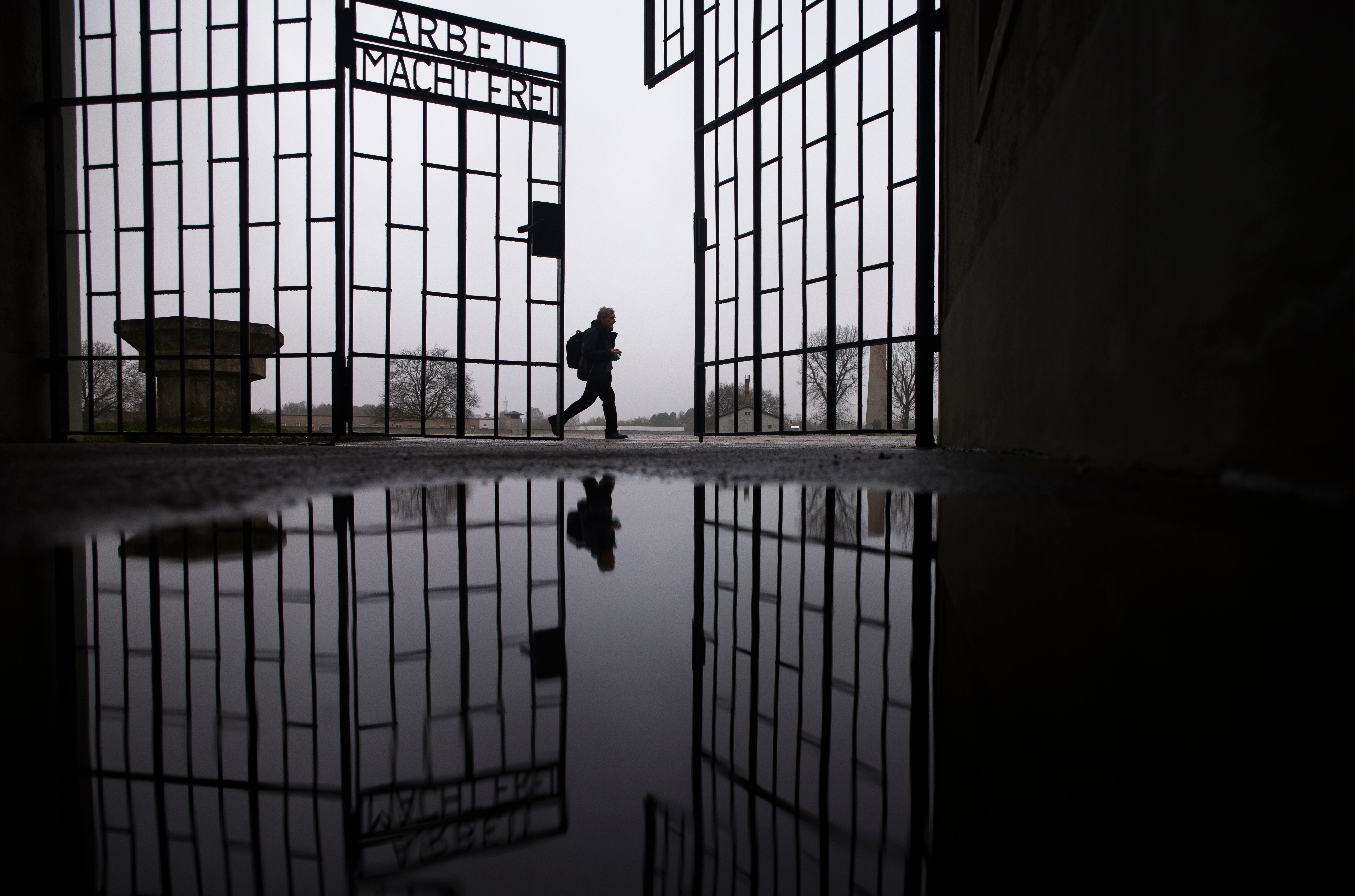EU leaders worried by rise in antisemitism, Holocaust denial
European Union leaders are pledging on the eve of the annual commemorations of Auschwitz’s liberation to keep fighting the antisemitism and Holocaust denial that has gained traction across Europe during the pandemic

European Union leaders pledged Wednesday to confront the rise of antisemitism and Holocaust denial witnessed during the coronavirus pandemic, on the eve of the annual commemorations of Auschwitz’s liberation.
European Council President Charles Michel said the lessons of the Holocaust are now “more relevant than ever.”
“First, because Jewish people feel threatened, and they are threatened,” he said. “They are even attacked in Europe. Just because they are Jewish. We do not accept this. We will never accept it.”
Michel spoke at an online event organized by the European Jewish Congress, which was also attended by European Commission President Ursula von der Leyen and European Parliament President Roberta Metsola.
The Commission — the EU's executive branch — presented last year a new strategy to better tackle hate speech, raise awareness about Jewish life, protect places of worship and ensure that the Holocaust isn’t forgotten. According to Europe’s Fundamental Rights Agency, nine out of 10 Jews think antisemitism has increased in their country and is a serious problem.
With the wide circulation of false information about the Holocaust on the internet, Jewish Congress President Moshe Kantor cited the big amount of time spent online during the coronavirus pandemic as one of the reasons for the rise in antisemitism.
He asked EU leaders to increase their efforts to connect with European youth to make them more aware of the Holocaust.
“We have to understand better their concerns and aspirations and speak to them in their language,” he said. “There has been a tsunami of lies about Jews, Israel and the Holocaust over the last couple of years, so we have to create new strategies to reach those who are consuming this information innocently."
With France holding the EU's rotating presidency, the European Jewish Congress' ceremony focused on the Holocaust is in France, on the 80th anniversary of the Velodrome d’Hiver round-up, a mass arrest of Jews by French police in Paris in 1942.
French President Emmanuel Macron said he has taken action to dissolve groups promoting hatred and deplored that “falsifications of history are back."
Due to the coronavirus pandemic, many International Holocaust Remembrance Day commemorations Thursday will be held online this year again. A small ceremony, however, will take place at the site of the former Auschwitz death camp, where World War II Nazi German forces killed 1.1 million people in occupied Poland. The memorial site was closed earlier in the pandemic but reopened in June.
The U.N. General Assembly adopted a resolution in November 2005 establishing the annual commemoration and chose Jan. 27, the day that Auschwitz-Birkenau was liberated by Soviet troops in 1945.
In all, about 6 million European Jews and millions of other people were killed by the Germans and their collaborators during the Holocaust. Some 1.5 million were children.
Bookmark popover
Removed from bookmarks